
Are Stadia and Game Pass the way forward of the industry? We analyze the historical and logistic factors that condition the exit of these platforms.
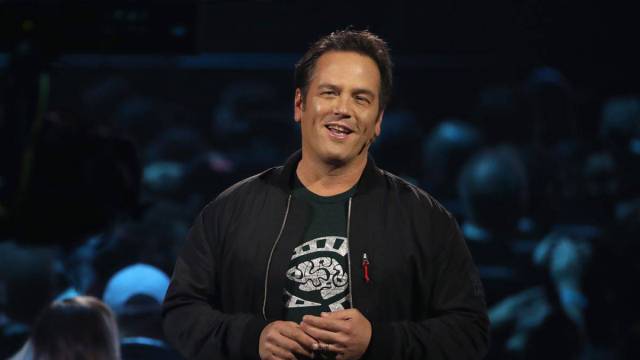
If we start analyzing the residuals of the past E3, by way of reactions, retrospectives, and analyzes of different types, it is quite possible to read that the best thing about the Microsoft conference, even above highly anticipated announcements, was the presentation Xbox Game Pass official for PC. For the first time, and not counting that somewhat spectacular experiment of the Xbox Play Anywhere, PC users have access to a growing catalog of successful and exclusive Xbox multiplatforms, and it does so at a competitive price. A proposal attractive enough to seduce even players from other platforms.
With Game Pass Ultimate, Game Pass for PC, and XCloud, Xbox ceases to limit itself to a box with specific features and is increasingly becoming a brand. He does not abandon the concept of a relatively traditional video game console (Scarlett's announcement is proof of this), but it is apparent that for a few years he has been trying to strategically position himself in the industry through a business model that is increasingly ubiquitous : Subscriptions.
Microsoft did not start this, EA Access has already left many satisfied players in its day offering a generous catalog of EA exclusives at a modest price. Playstation Now also began its journey (in North America) at that time. Years before, thousands of users already paid monthly subscriptions for being able to enjoy persistent worlds like the World of Warcraft.
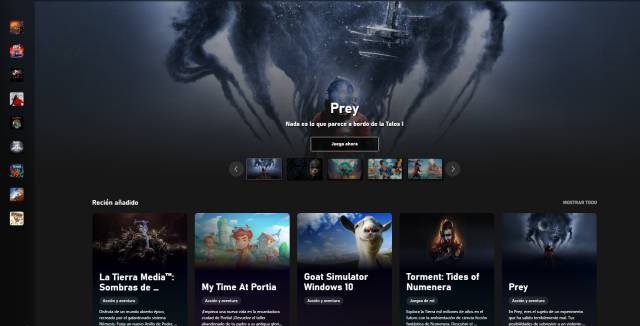
Game Pass for PC was recently confirmed, yes, but it won't be the last one either. Just next day of the Microsoft conference, Ubisoft announced Uplay +. The streaming and subscription platform of Ubisoft that for the not so modest price of € 14.99 per month opens the entire catalog of the prolific gala company to be enjoyed without limits. In addition, the Ubi announcement came with a more or less predictable annex, the service will also be associated with Google Stadia, another of the heavyweights of recent months in terms of alternative distribution models. We already dedicate a complete article to Stadia after its announcement, but the bases are quite clear: a cloud console that lacks a box, is 100% focused on streaming and allows you to enjoy your catalog by subscription or individual purchase. All this powered by Google datacenters.
We could continue talking about examples of how companies are increasingly turning towards this direction, such as Bethesda and its Orion technology, designed to improve streaming latency and put to service platforms such as XCloud or Stadia, but the conclusion would remain the same : The future of the distribution of video games presents more options than ever, and also involves a radical philosophy change with respect to what we knew so far.
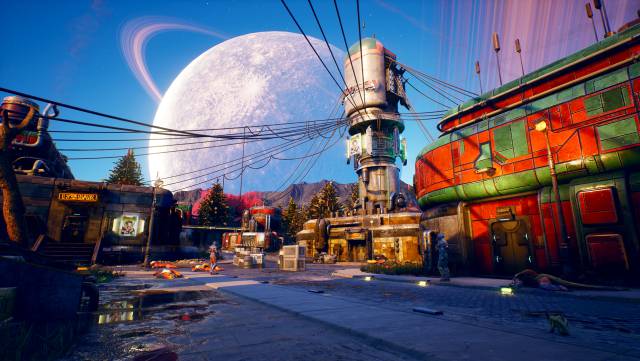
"The business is no longer how many consoles you sell, the business is how many players are playing the games they buy, and how they play them." Phil Spencer declared in a recent interview with The Verge about Game Pass, XCloud and the future of the industry. Before the question of the interviewers on the philosophy of Xbox with the acquisition of new studies first party, Spencer continued saying: "To have a great flow that arrive at Game Pass is really important". If two or three years ago users and the press set alarms when they think that the number of Xbox exclusive games was reduced, now Microsoft's medium and long-term plan seems to make much more sense: having a versatile and off-road platform that count on the undeniable added value of having exclusive high-quality games from day one without added cost. If the multiplatform catalog of the service is already attractive in itself, the possibility of playing games of the caliber of Gears 5 or The Outer Worlds on the day of departure at the base price of a subscription is rather unprecedented in a medium in which, except exceptions, a video game costs about seventy euros as a base.
If we look back, it is curious to see how business and distribution models have evolved. Initially it consisted of throwing money at arcade machines, loyalty to the player through an addictive gameplay that made him want to return. Over time, the recreational came home and the use of consoles and home computers became popular. They were, in their most purely distribution conception, a container of games that could be played on a device. Each console had its exclusive games and custom catalogs, and it was common to find very different versions of supposedly the same game due to the particular limitations of each hardware. This is where an important factor is mentioned, and that of preservation and cultural memory. Video games, due to their technological dimension, have historically been linked to a specific hardware. This makes it difficult to enjoy the titles over time as they were conceived without some sort of arrangement, remastering or emulation involved.
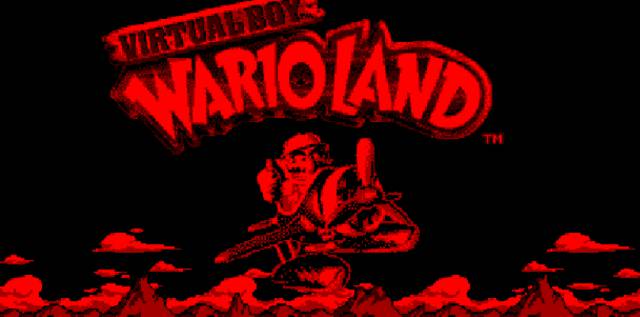
With the definitive implementation of the Internet in the generation of PS3, Xbox 360 and Wii, and the rise of the independent game, digital purchases are popularized, and a specific type of low-budget video game appears specifically designed to be purchased digitally: Braid, Super Meat Boy, Fez … They were not designed to occupy large spaces on the shelves of a specialized store, but to enter many consoles through digital stores at a much lower price than the players were used to. Needless to say, on PC platforms like Steam had begun a few years before to practice that business model successfully.
With the next generation there is an improvement of the infrastructure and with it, consoles prepared and designed especially for the digital market. We cannot forget that Xbox One was announced with a strong focus on always being connected to the internet. Feature that would end up discarding due to the initial controversy, just so that years later they ended up developing the recently launched All-Digital version of Xbox One S. A statement of intentions that shows how players from around the world have been accepting in a relatively short period of time changes that had been categorically rejected before. We are used to reading news like in 2018, digital sales accounted for 80% of the market in the United Kingdom, and how that is a similar and growing trend in the rest of the world.
The power of the digital is not only undeniable, it also reflects a new reality in the middle: there is no longer a single way to make video games, distribute video games or sell video games. Each title deserves its own space in the industry and that space is difficult to obtain in a traditional ecosystem, often saturated, for the purchase of physical games.
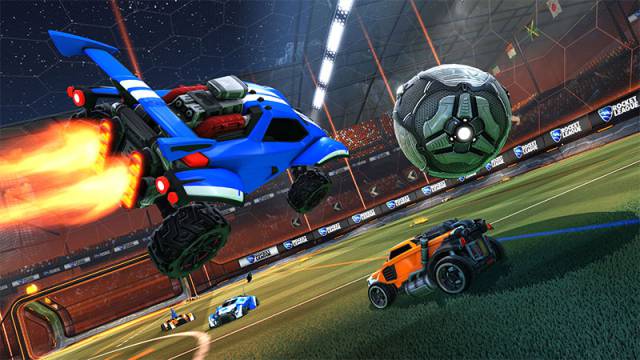
The arrival of services such as Xbox Live Gold and Playstation Plus was the gateway for a new way to consume video games. Although initially users (and the companies themselves in their marketing strategies) conceived them as a way to offer compensation for paying for the online console, the truth is that it served to change certain consumption habits and provided the opportunity to discover certain titles , who obtained a leading role month by month in the service in a way that they could not have achieved by selling in the digital store on a regular basis. There have been several success stories related to these services, but probably the most notable is Rocket League, a title that benefited greatly from its passage through Playstation Plus, with which the game became popular reaching figures of $ 70 million in benefits without counting free downloads on PS4, and 12 million players thanks to crossplay with PC.
Plus and Gold were the first popular services of the big consoles to offer video games as part of a subscription, although indirectly (remember that the main attraction was online), but over time others have been added and currently, platforms like Twitch or Humble Bundle they have their own monthly subscription offer. These small collateral gifts, the "see what they give this month in the Plus", would soon grow into something much greater when the industry begins to put itself in search mode of the famous "Netflix of video games."
Games Pass, Stadia, Twitch Prime, PS Now and company do nothing but reaffirm that we are fully involved in a business model with which the industry has been playing for years: that of video games as content. Video games as a wardrobe of a catalog growing month by month.
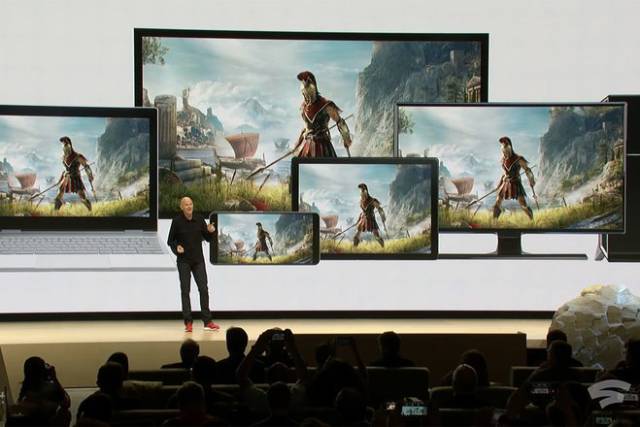
And this is positive for several reasons: To begin with, the problem of cultural memory and the preservation we mentioned earlier is considerably cut. For a few years the games have become a more off-road product at the distribution level, intended to be played on different types of platforms, with different types of control, and with different release dates depending on their version. Games can now have a new life when they become part of a platform, as has also been the case with Sea of Thieves or it is more radical for the classic NES games that come with the Nintendo Online subscription month to month. Many games can benefit from being on several platforms at once. Smaller distributors, such as Devolver Digital, have a luxury to have a virtually ubiquitous catalog through numerous subscription platforms and online stores.
The value of the discovery is another undeniable advantage that we have with these platforms. We can never leave aside that video games are expensive products and that the average player can not access everything he wants to play, nor risk most of the time to acquire titles that are not sure they can be from his profile. Subscription platforms invite the player to discover, to leave his comfort zone, and to give an opportunity to games in which he was interested, but he did not intend to acquire if it had been otherwise. In short, it broadens our horizons as players, and the options we have available.

The usual refusal to this model comes from the separation that occurs in the face of how we have traditionally conceived the consumption of video games. Subscription platforms involve, for the most part, unlimited access to a catalog that is no longer available at the time we stop paying for them. It is a commitment of permanence that clashes with the concept of buying a game and making it become part of our personal possession. Allowing us to play it with greater flexibility or, if it is physical, to even sell it.
If Google's views are indicative of the future in the medium and long term, Stadia proposes a hybrid model to alleviate those doubts. With the possibility of following a monthly subscription as well as acquiring the games individually without the need for this investment extended over time, thus also acting as a digital store. The Google platform also proposes to consume the games entirely via streaming instead of the download model of platforms such as Game Pass or EA Access, which is another discussion in itself. Does the immediacy of a streaming service compensate for negative implications on gameplay such as latency? Companies are already struggling to answer that question, to improve a technology that is still hard to trust, and above all, to offer options.
From the first Steam sales to the implementation of weekly free games in the Epic Games Store, through the services of the current consoles, the irrevocable entry of digital has made the industry take years devaluing the videogame as an individual product and favoring the creation of powerful platforms that can support, select, advertise and manage them as part of a catalog.
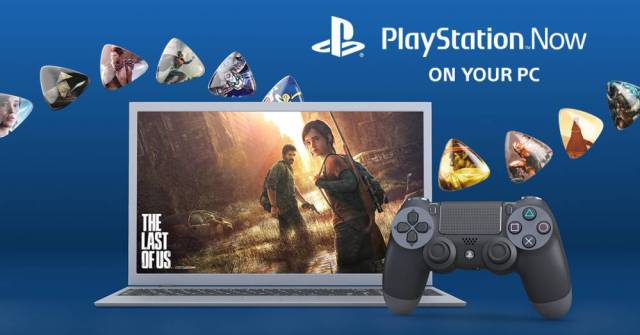
The proliferation of platforms, each with its exclusive titles, different targets, logistics and wealth levels in the catalog, draws an apocalyptic scenario for some: the end of an era for the consumer with a series of rights to the product they acquire. For others, it opens a range of previously unpublished options, and a new way of understanding and consuming video games. Companies are moving token in a changing future but each more certain. Player loyalty to brands depends less and less on hardware.

